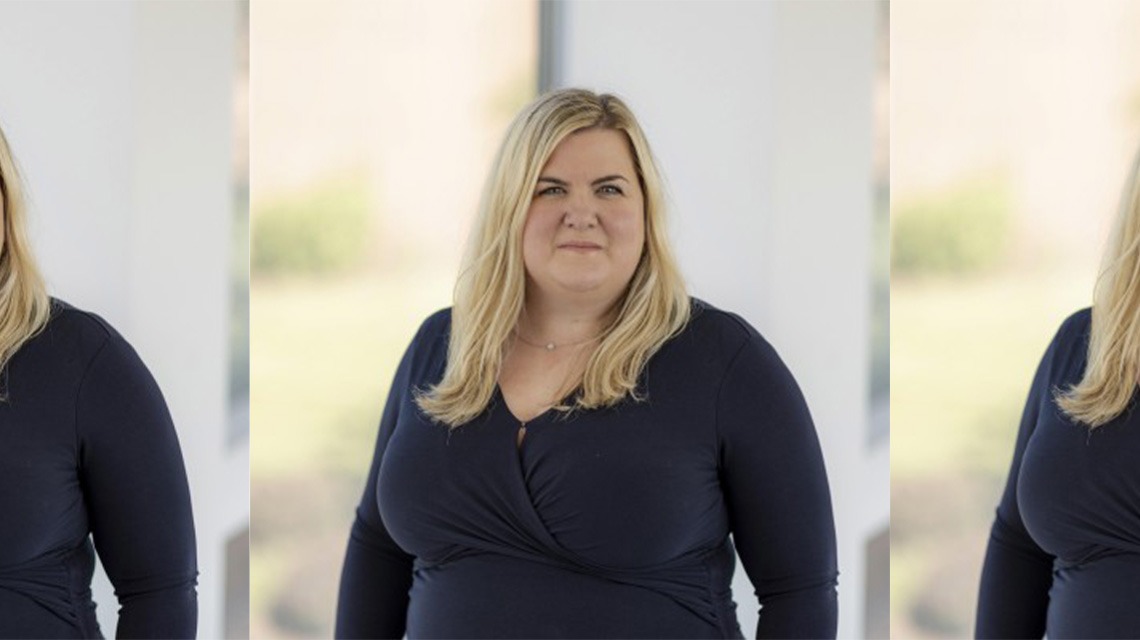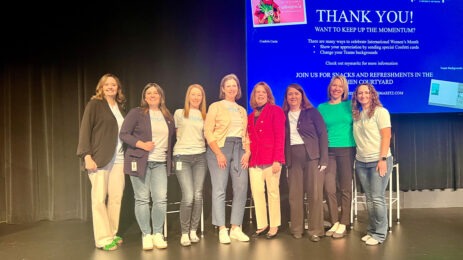Jill Joerling Blood, vice president and general counsel at the experience design company Maritz, was the daughter of a lawyer and knew she wanted to follow in his footsteps but quickly learned she did not want to do mergers and acquisitions. When she discovered the hospitality world in 2017, she had found her home. She loved the people and the diversity.
That enthusiastic approach to solving problems was put to the test over the last four years as everyone came to understand the importance of having the right language in their clauses, even if most found ways to move forward with the cancelations and delays from that pandemic that didn’t require extensive court cases. We asked her what meeting professionals need to know to prepare their contracts for 2025.
SM: What do planners get wrong about contracts?
JJB: It’s harder than it’s ever been. Contracts are more formal. Collectively, as an industry during Covid, we realized that events do cancel. Things can go wrong. It sparked everyone to look more closely. In the next few years we may see a little bit of a walk back from that. But right now, with compressed planning times and more complex contracts, it’s tough to get stuff across the finish line.
Read More: 4 AV Contract Tips for New Meeting Profs
SM: What is open to negotiation right now?
JJB: Inflation is taking a toll on negotiations and we tell both sides to be clear about what their priorities are and then making sure that is clearly documented in the contract. Gray areas are where disagreements happen. If you’re worried about construction, talk about what happens if there’s construction. If you’re worried about attrition, make sure that attrition is covered in the contract and it’s really clear what was agreed on so that six months or two years later, you’re not relying on memories about a call that happened on a random Tuesday. It’s about assigning risk and setting expectations.
When people get stressed and frustrated, it is important to remember this is a relationship business. Before getting legal involved and “sending a letter,” it is usually best to pick up the phone and have a conversation. At the end of the day, we are all pulling in the same direction.
SM: How do we manage risk in a risky cyberworld?
JJB: We haven’t quite found our standard language on things like AI and data privacy. People are testing the waters. When and how you can use AI and what kind of data you can put in and how to be transparent about when and how it is being used will be subject to still unwritten laws and litigation that are going to influence things.
Read More: Beware the Public Wi-Fi Network: 6 Ways to Practice Cybersecurity While Traveling
SM: Can we look forward to AIs negotiating contracts with each other?
JJB: I think there’s probably a lot of uses for AI in the customization of contracts and there are probably tools that could be used to help sort clauses from a database and go through line-by-line. It’s hard for me to imagine that it would actually move the needle to have two computers talking to each other, but check back in 10 years, when I’m just helping fuel an AI database.
Seriously, I don’t think AI could ever replace the expertise in our people’s minds about what a good destination is, where you want to be, the details of it, how many activities a person can do in a day. We are a long way off from that.
“It’s hard for me to imagine that it would actually move the needle to have two computers talking to each other.”
SM: What other clauses do you suggest?
JJB: Sustainability is one we are still working out. We are seeing more language around benchmarking and providing data about greenhouse gas emissions and waste reduction. I think we’ll see unreasonable stuff on both sides, and then hopefully as an industry come together in the middle somewhere with language that kind of works for everyone.
SM: What is your vision for where the industry is going?
JJB: We are more risk averse as an industry than we were eight years ago. I do think some of that’s here to stay. Technology is the big frontier of the next 10 years. If we say we don’t want a supplier to use generative AI in a contract that will last 10 years, that could be difficult if 10 years from now, that would be like saying we the supplier isn’t allowed to use email today.
Similarly, we are not thinking about Covid provisions anymore. We’re trying to skate to where the puck will be. We have been making our contracts to be a little broader by saying we will have discussions about health and safety to allow for the possibility of change.
This article appears in the November/December 2024 issue. You can subscribe to the magazine here.




